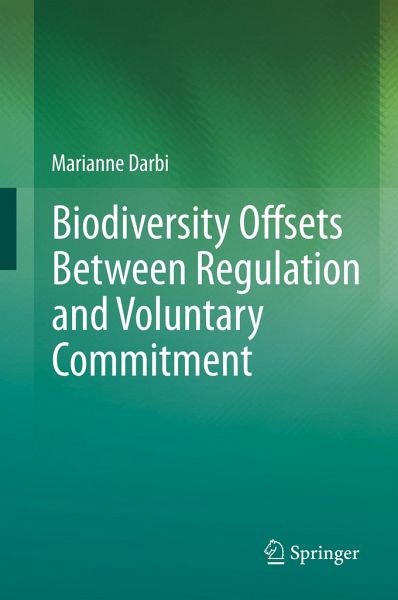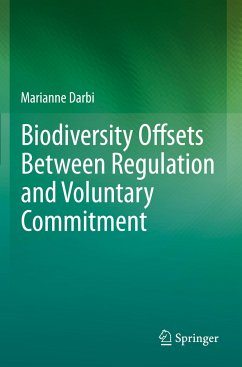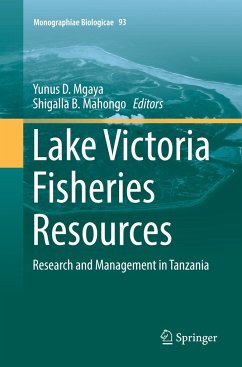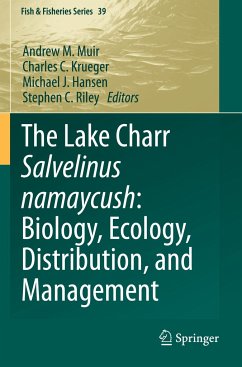
Biodiversity Offsets Between Regulation and Voluntary Commitment
A Typology of Approaches Towards Environmental Compensation and No Net Loss of Biodiversity
Versandkostenfrei!
Versandfertig in 6-10 Tagen
121,99 €
inkl. MwSt.
Weitere Ausgaben:

PAYBACK Punkte
61 °P sammeln!
We are witnessing an alarming, global biodiversity crisis with an ongoing loss of species and their habitats. In response, a number of tools and approaches - including some that are contested - are being explored and promoted. Biodiversity offsets are one such approach, and deserve critical examination since the debate surrounding them has often been oversimplified and lacking practical evidence. As such, this study presents a refined typology including seven types of biodiversity offsets and taking into account different contexts, governance arrangements and drivers. It draws on a detailed an...
We are witnessing an alarming, global biodiversity crisis with an ongoing loss of species and their habitats. In response, a number of tools and approaches - including some that are contested - are being explored and promoted. Biodiversity offsets are one such approach, and deserve critical examination since the debate surrounding them has often been oversimplified and lacking practical evidence. As such, this study presents a refined typology including seven types of biodiversity offsets and taking into account different contexts, governance arrangements and drivers. It draws on a detailed analysis of theoretical concepts to explain the voluntary implementation of biodiversity offsets using an internet-based (netnographic) research approach. Furthermore it builds on a broad global explorative base of 72 practical examples and presents in-depth case studies for each type. The results reveal a number of global tendencies that allow recommendations to be made for different locations, contexts and stakeholders. They also encourage the expansion of this research field to respond to the pressing needs of policy and practice.














